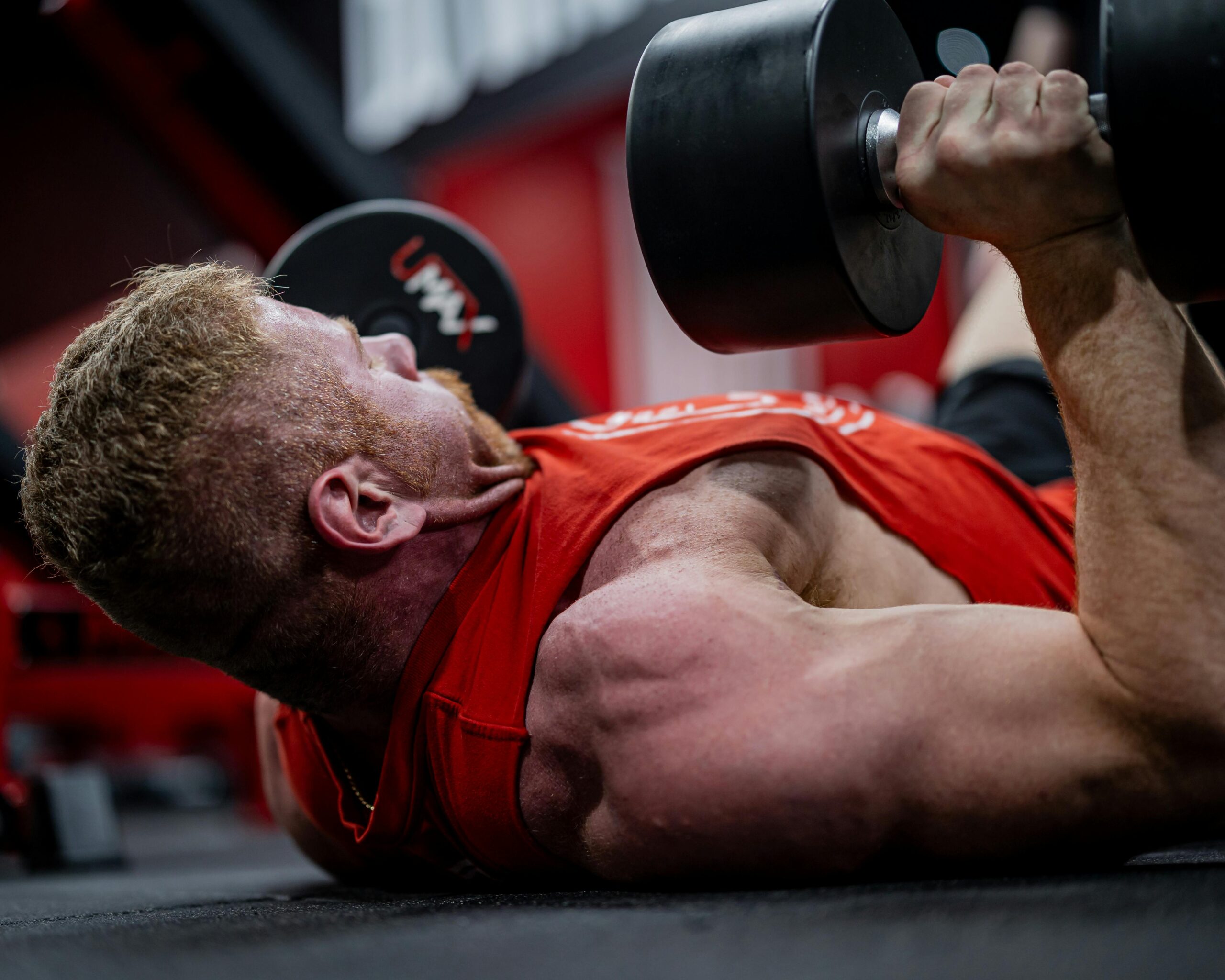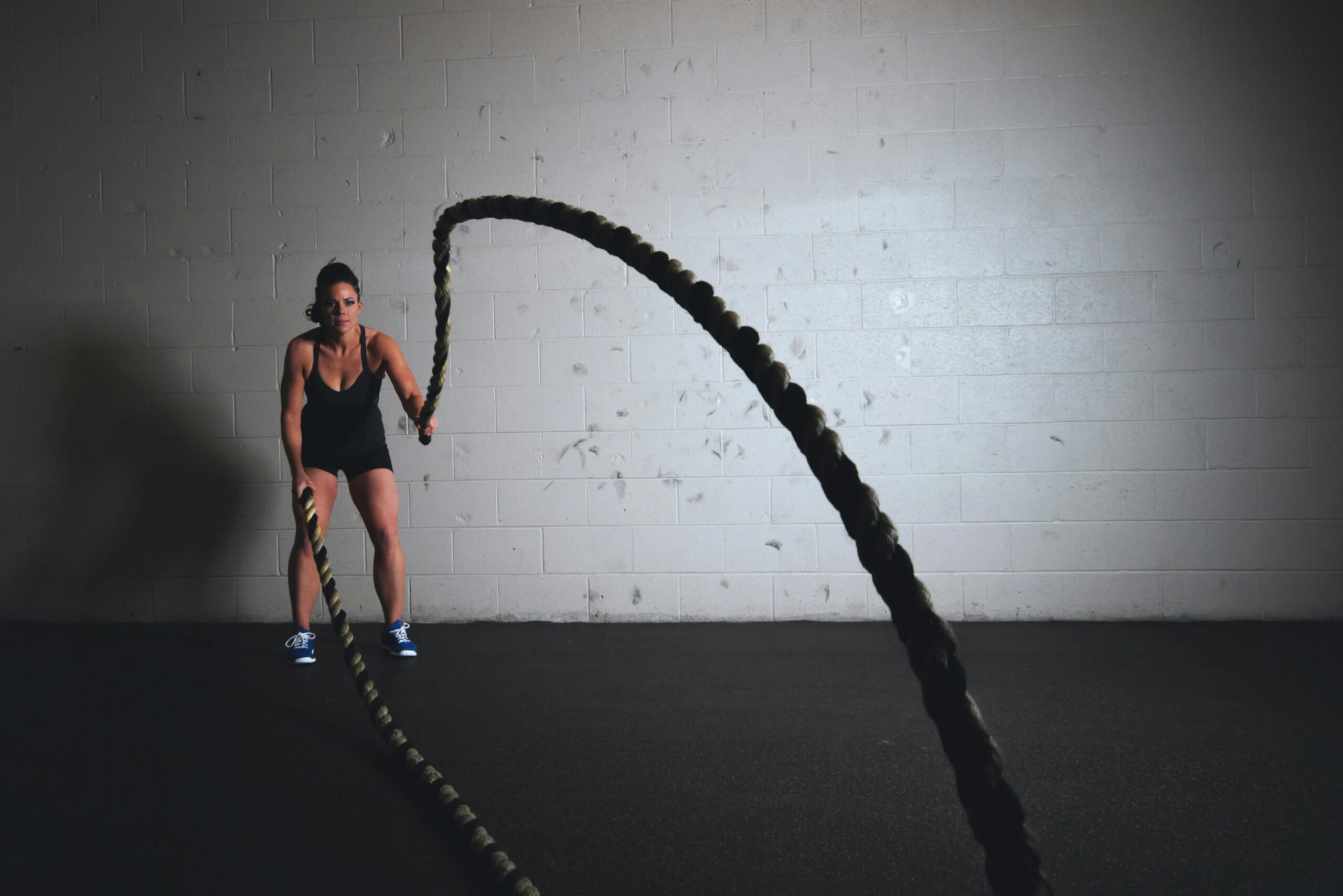Table of Contents
Introduction
Achieving the perfect balance between building muscle and burning fat can be challenging. However, with the right meal plan, you can fuel your body efficiently, support muscle growth, and enhance fat loss. This guide will provide you with the ultimate meal plan, covering essential macronutrients, meal timing, and sample meal plans tailored to your fitness goals.
Understanding Macronutrients
To optimize muscle gain while burning fat, it is crucial to focus on the three primary macronutrients:
1. Protein: The Building Block of Muscle
Protein is essential for muscle repair and growth. It provides the amino acids necessary to rebuild muscle fibers after intense workouts. A high-protein diet helps in preserving lean muscle mass while promoting fat loss. Consuming adequate protein also increases satiety, reducing unnecessary cravings and overeating.
- Sources: Chicken, turkey, lean beef, fish, eggs, tofu, lentils, Greek yogurt, cottage cheese, and protein powders.
- Recommended Intake: 1.0-1.5 grams per pound of body weight, depending on your level of physical activity and muscle-building goals.
- Best Practices: Distribute protein intake evenly throughout the day to support continuous muscle repair and prevent muscle breakdown.

2. Carbohydrates: The Primary Energy Source
Carbohydrates are the body’s main fuel source, especially during high-intensity workouts. They help replenish glycogen stores, providing energy for exercise and muscle recovery. Choosing complex carbs ensures a steady release of energy while preventing fat storage.
- Sources: Brown rice, quinoa, sweet potatoes, oats, whole-grain bread, fruits, vegetables, and legumes.
- Recommended Intake: 1.0-1.5 grams per pound of body weight, adjusted based on activity level and training intensity.
- Best Practices: Prioritize complex carbs for sustained energy, and consume simple carbs post-workout to quickly replenish glycogen levels.
3. Fats: Essential for Hormonal Balance
Healthy fats are essential for hormone production, including testosterone, which plays a key role in muscle growth and fat metabolism. They also help maintain cell function, improve brain health, and support overall well-being.
- Sources: Avocados, nuts, seeds, olive oil, coconut oil, fatty fish (salmon, sardines, mackerel), and flaxseeds.
- Recommended Intake: 0.3-0.5 grams per pound of body weight.
- Best Practices: Incorporate a variety of healthy fats into your diet while limiting trans fats and excessive saturated fats.
Meal Timing and Frequency
The timing of meals can significantly impact metabolism, energy levels, and muscle recovery. A well-structured eating schedule ensures a constant supply of nutrients to fuel workouts and repair muscles effectively.
Key Meal Timing Strategies:
- Pre-Workout Meal: Consume a mix of protein and slow-digesting carbohydrates 60-90 minutes before training. This ensures a steady release of energy and prevents muscle breakdown during workouts.
- Post-Workout Meal: Prioritize fast-digesting protein and carbohydrates within 30-45 minutes after exercising. This helps replenish glycogen stores and stimulates muscle repair and growth.
- Meal Frequency: Aim for 4-6 small meals throughout the day to maintain energy levels, prevent muscle breakdown, and keep metabolism active.
- Intermittent Fasting: Some individuals find success with intermittent fasting, where meals are consumed within an 8-hour window. This approach may help with fat loss while preserving muscle mass.

Sample Meal Plan for Muscle Gain and Fat Loss
Meal Plan for a 180-Pound Individual
This sample meal plan provides a well-balanced mix of macronutrients, ensuring optimal muscle growth while supporting fat loss.
Breakfast (8:00 AM)
- 3 egg whites + 2 whole eggs (high-quality protein and healthy fats)
- ½ cup oatmeal with a tablespoon of almond butter (complex carbs and healthy fats)
- 1 cup mixed berries (antioxidants and fiber)
Mid-Morning Snack (10:30 AM)
- 1 scoop whey protein with water or almond milk (quick protein absorption)
- A handful of almonds (healthy fats and fiber)
Lunch (1:00 PM)
- 5 oz grilled chicken breast (lean protein)
- 1 cup quinoa (complex carbs and fiber)
- 1 cup steamed broccoli (vitamins and minerals)
- 1 tablespoon olive oil (healthy fats and antioxidants)
Pre-Workout Meal (4:00 PM)
- 1 banana (quick-digesting carbohydrates for energy)
- 1 scoop whey protein (muscle support and recovery)
- A handful of walnuts (omega-3 fatty acids for brain and heart health)

Post-Workout Meal (6:00 PM)
- 5 oz salmon (protein and omega-3 fatty acids for inflammation reduction)
- 1 cup sweet potatoes (fast-absorbing carbohydrates to replenish glycogen)
- 1 cup sautéed spinach (iron, fiber, and essential vitamins)
Dinner (8:00 PM)
- 6 oz lean beef or tofu (protein for muscle repair)
- 1 cup brown rice (slow-digesting carbohydrates for sustained energy)
- 1 cup mixed greens with olive oil dressing (fiber, vitamins, and healthy fats)
Evening Snack (10:00 PM)
- ½ cup cottage cheese (slow-digesting casein protein for overnight muscle recovery)
- 1 tablespoon flaxseeds (omega-3s and fiber for digestion)
Hydration and Supplementation
Hydration plays a vital role in maintaining muscle function, metabolism, and overall health. Supplements can further support your fitness journey.
Hydration Tips:
- Water Intake: Aim for at least 3 liters per day to support digestion, metabolism, and muscle function.
- Electrolytes: If you engage in intense workouts, replenish electrolytes through natural sources like coconut water or electrolyte supplements.

Key Supplements for Muscle Gain and Fat Loss:
- Whey Protein: A convenient and fast-absorbing protein source to meet daily protein requirements.
- Creatine Monohydrate: Enhances muscle strength, endurance, and recovery.
- Branched-Chain Amino Acids (BCAAs): Helps reduce muscle soreness and supports muscle repair.
- Omega-3 Fatty Acids: Improves heart health, reduces inflammation, and enhances overall recovery.
- Multivitamins: Ensures adequate intake of essential vitamins and minerals for optimal performance.
Conclusion
By following this structured meal plan, you can effectively gain muscle while shedding fat. Consistency, portion control, and nutrient-dense foods are key to achieving your fitness goals. Customize the plan based on your caloric needs, adjust macronutrient intake as required, and stay committed for long-term success!
By integrating the right balance of protein, carbs, and fats with proper meal timing, hydration, and supplementation, you can maximize your fitness results. Stay disciplined, track your progress, and enjoy the transformation on your journey to a leaner, stronger physique!


